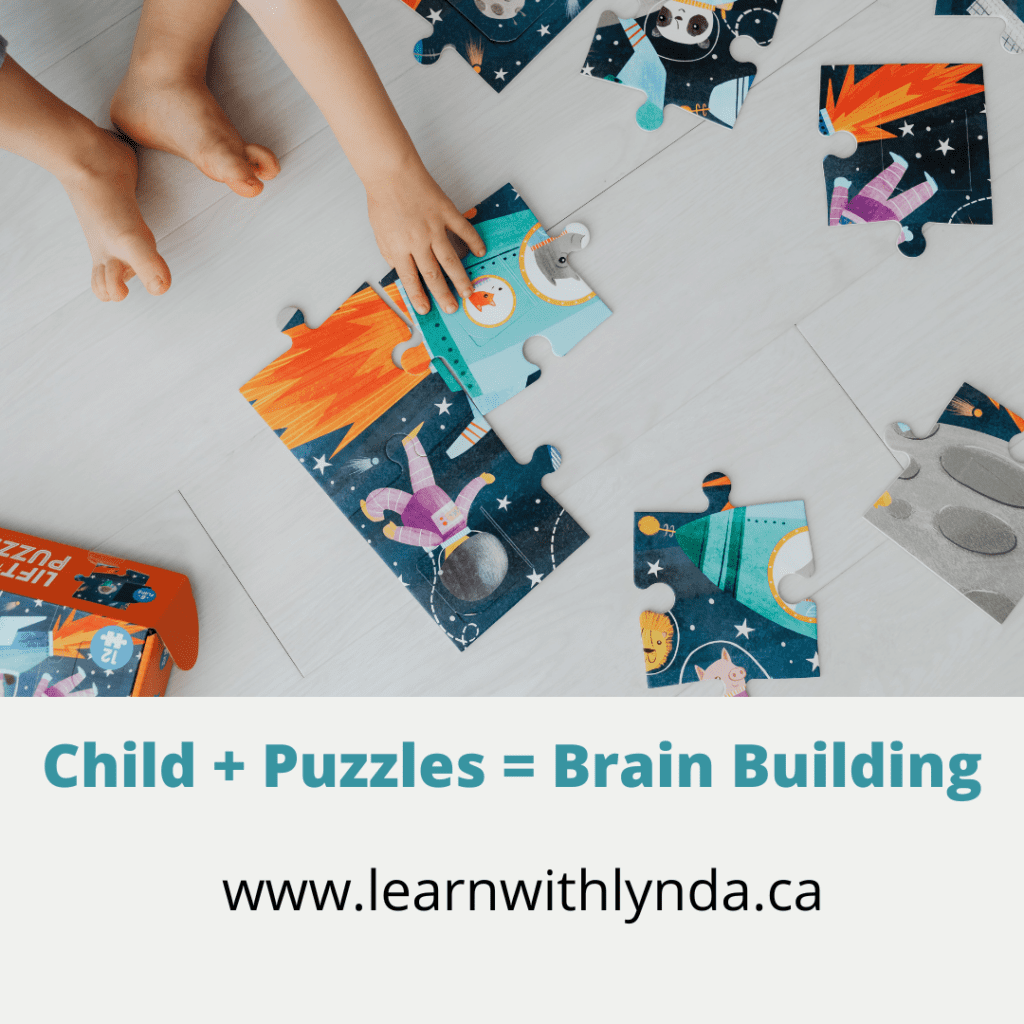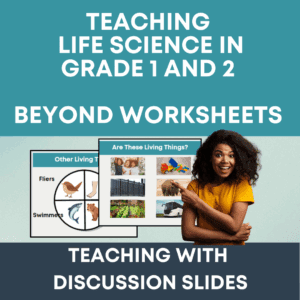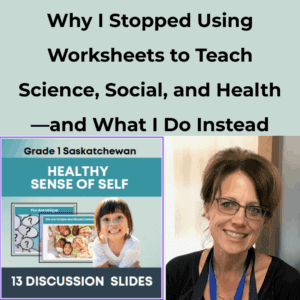Puzzles Build Brains
Puzzles are sometimes overlooked when selecting resources for preschool and kindergarten children. They are an incredible brain building resource.

Puzzles support our learners in so many ways:
- Sorting as they look for common patterns such as colour or straight edges
- Fine motor control as they manipulate the pieces
- Pride in taking all these parts and making a whole
- Focusing and concentrating especially for puzzles with more pieces
- Spatial Reasoning as they look at the pieces and turn each piece to see where it best fits
- Problem Solving as children plan their approach and as they encounter bumps in the road
- Collaboration as they work together on the larger floor puzzles
- And most importantly, persistence. This is a mindset they will need throughout their learning journey
Selecting Puzzles
I am always curious to see how the children respond to puzzles. I have noticed that some of my learners are puzzle masters – whereas others need scaffolding and modeling to be successful. I start with simple puzzles – those with supports such as piece placement guidelines and progress to puzzles that present the children with more challenges.

When to Offer Puzzles
Puzzles are available during multiple times in our classroom. I include them as a choice during our morning work time, during our free choice times and as an option for those students who finish lunch before the rest of the class. It is during this after lunch time that I see a higher number of children participating – I think it is because the options during this time period are limited.
What I Notice As the Year Progresses
As our year progresses I see this interest in puzzles increase. One of my favourite observations is when I notice a student or group of students complete a puzzle and then turn around and try it again. A sense of pride and joy radiates from them and it confirms for me that puzzles are a key learning resource in my classroom.
Do your children enjoy puzzles? If yes, what types are popular?
Happy Brain Building,
Lynda





